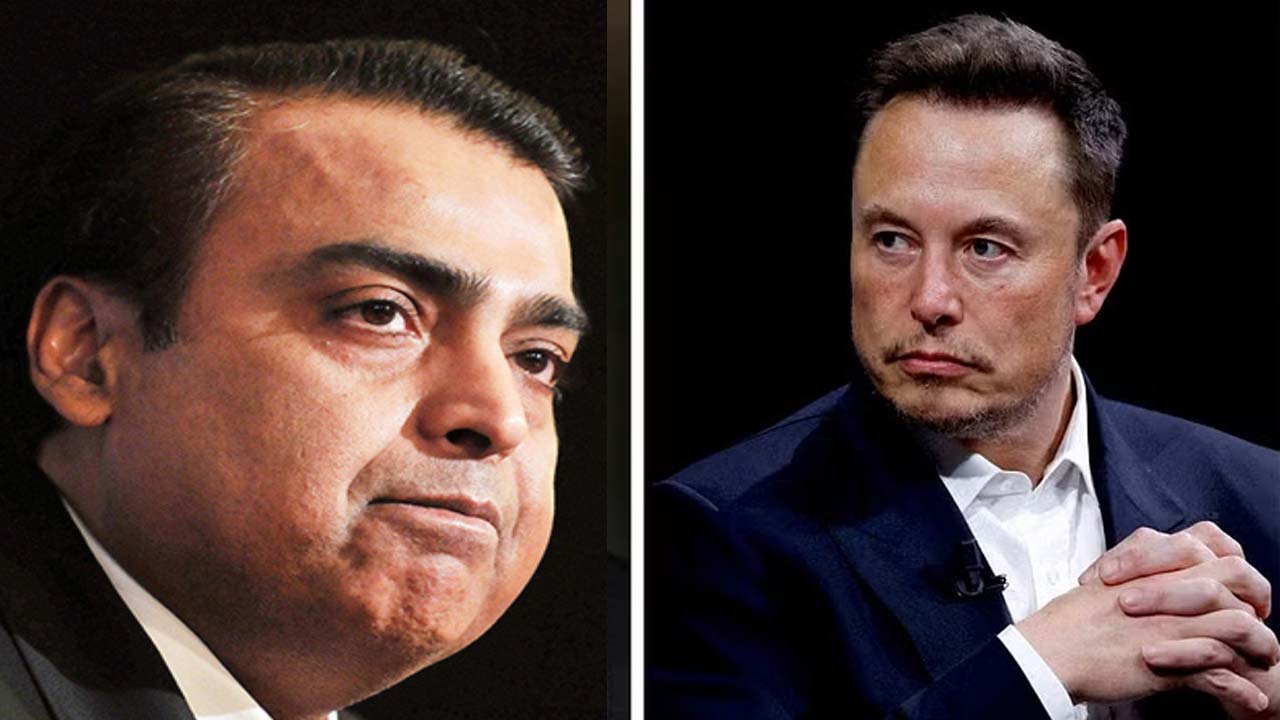
India's Satellite Spectrum Allocation Decision
Union Communications Minister Jyotiraditya Scindia announced that India will allocate satellite communication spectrum administratively, rejecting calls from Reliance Jio for an auction process. This decision is considered a significant victory for Jio's competitors, including Elon Musk's Starlink, which supports administrative allocation. Scindia emphasized that the satellite spectrum is inherently international and is coordinated by the International Telecommunications Union (ITU), contrasting it with the terrestrial spectrum.
The Telecommunications Act of 2023 now includes satellite communication in the list of administratively allocated spectrum, and the Department of Telecommunications (DoT) has tasked the Telecom Regulatory Authority of India (TRAI) with developing a methodology for allocation without auctions. Reliance Jio has expressed concerns that administrative allocation could hinder fair competition between satellite and terrestrial services, arguing that the current framework does not address this imbalance.
Elon Musk responded to Jio's concerns by stating that the designation of shared satellite spectrum is a long-standing practice by the ITU. In a related discussion, Sunil Bharti Mittal, chairperson of Bharti Enterprises, indicated that satellite companies seeking to provide urban services should acquire spectrum and adhere to the same regulations as terrestrial operators. This statement marks a shift from Airtel's previous position favoring administrative allocation, though the company later clarified that its stance remains unchanged.
Overall, the government's decision reflects a broader trend in global spectrum management and aims to promote equitable competition in India's emerging satellite communication market.




















